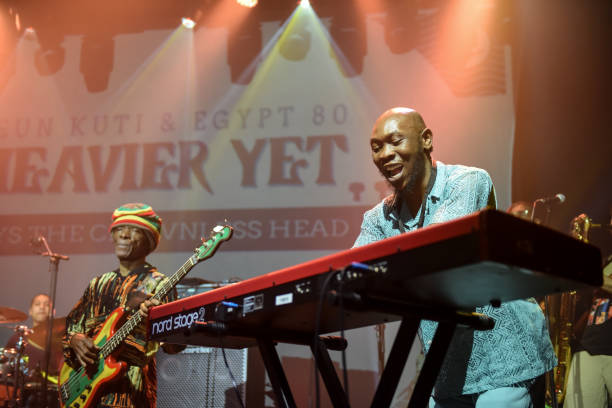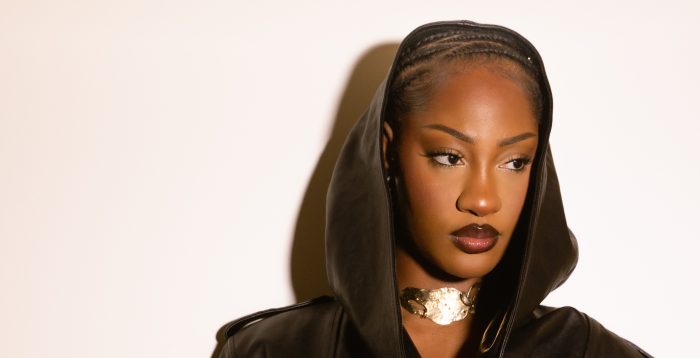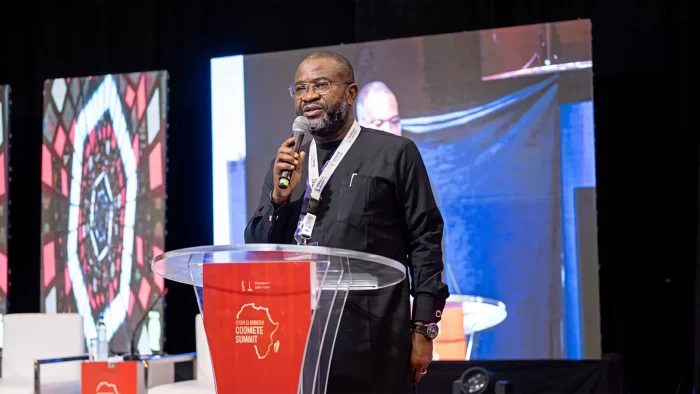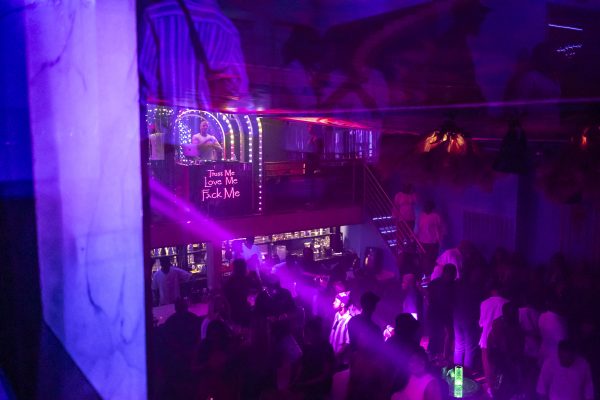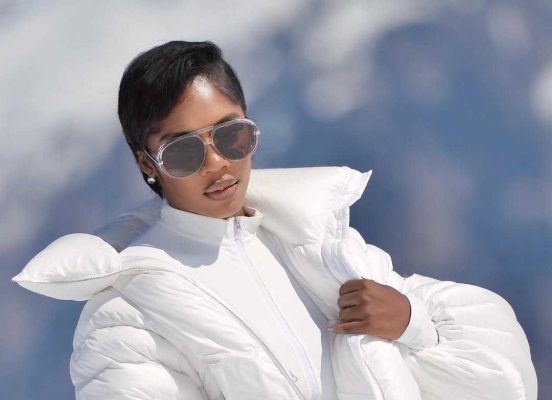On October 30th, 2020 Nigerian Afrobeats superstar, Wizkid finally released his much-awaited album Made in Lagos to collective global acclaim. Made in Lagos features a diverse blend of music with enviable range of vocals, embodied by renowned artistes in different genres from reggae’s Damian Marley to Afrobeats’ other galactic star, Burna Boy. Emerging stars like Tems and Terri also get express lanes to exhibit their full lyrical and vocal ranges while seasoned rapper, Skepta also holds his own quite expertly in “Longtime.”
Central to the theme of Made in Lagos—weaved expertly across the entirety of the album—is a relentless insistence on intense desire for the romantic and sexual. Whether it is Tems vowing her body for her lover in “Essence” or Wizkid’s voracious sexual admirations in “Piece of Me” with Ella Mai or in “True Love” featuring both Tay Iwar and Projexx or in “Smile” with H.E.R. Another is the positive reaffirmation of gratitude to the Supreme as explored in “Blessed” featuring Damian Marley, which, contextualising the unfathomable madness of this year alone, comes highly appreciated.
[ad]
Made in Lagos ably showcases Wizkid’s mastery of his craft with a passionate appeal to the very pop sounds—expert use of the saxophone, trumpets, drums—that have made his music globally revered. From the arrangement of tracks to the features, the album is arguably Wizkid’s greatest release yet following the positive reception of his last work Sounds from the Other Side, as it shows an extra dimension to his vocal ability and an excellent exploration of different music genres. And the records have been riveting too. Made in Lagos has tied Burna Boy’s Twice As Tall as the “Nigerian albums with the most weeks spent on the UK Album Charts this decade (3 weeks),” per Chartdata Nigeria. It becomes the longest staying album by an African act on the continent on the Top 20 of Worldwide Apple Music, per Album Talks while it retains its number 1 spot on Nigeria iTunes Top Albums.
I understand that an album should be a cohesive body of work with a central theme unifying all tracks, which Made in Lagos perfectly achieves. Yet, with the same album title, it had the potential to enjoy the poetic license of encompassing all subjects central and extensive to the purported location of setting: Lagos, Nigeria. So what did Wizkid miss in Made in Lagos?
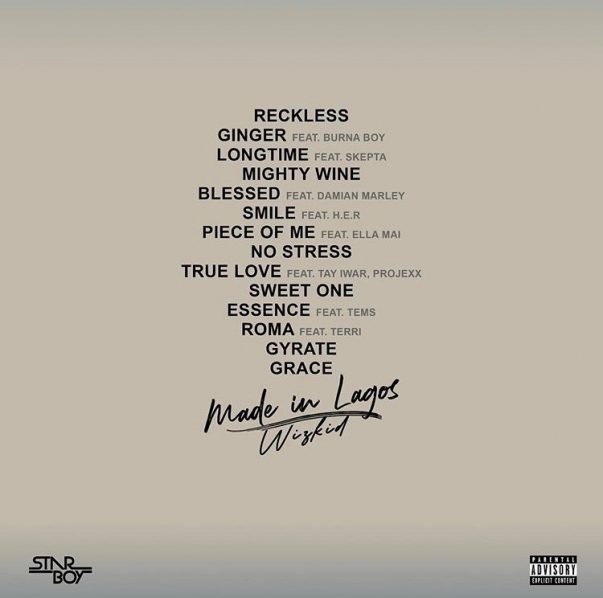
The musical dexterity blending the sexual with the religious, or even spiritual, is knocked on by the obvious miss regarding the political. In juxtaposition with current sociopolitical issues both in Nigeria and across the entire international scene, Made in Lagos, somehow, missed the mark.
Wizkid, born Ayodeji Ibrahim Balogun, for the longest time, has incorporated his social media presence with profound antagonisms against the Nigerian government. He has never shied away from being ‘political’ on political issues and has, repeatedly, clashed with Nigerian politicians. “Old man! Police/Sarz still killing Nigerian youth on a daily! Do something! Nothing concern u for America! Face your country!!,” he tweeted in response to President Muhammadu Buhari’s message to Donald Trump on the news of contracting COVID-19.
[related ids=”1254855,1254958,1255173,1264718″]
His clapback against Lauretta Onochie, an aide to the President on media was resonating too as he defended the need to end police brutality in Nigeria. Simply put: Wizkid’s political opinions against the Nigerian government, fans and critics alike, believed would be largely central to Made in Lagos.
There is the everyday Nigerian parlance of “cold mineral, cold pure water,” in “Blessed” with Damian Marley and a highly infectious street tone in “Ginger” featuring Burna Boy. But that is as far as relativity to the Nigerian experience goes in Made in Lagos.
[ad]
There had also been the tiny matter of postponing the release of Made in Lagos which fans, erroneously, assumed was to both be sensitive to the Nigerian clime undergoing a perceived revolution and to also to incorporate a political message. While the former proved to be true—and shows Wizkid’s emotional intelligence—the latter was a complete miss.
What should have been critical to an album of such magnitude, never mind the intended—or perhaps, unintended—title should have been not just a political slant but a fully reaffirming political-themed saturation. Even more, an ironic—yet significant—matter is the title of the album. Made in Lagos which could easily have symbolised the recent genocide at Lekki.
II
MADE IN LAGOS?
On October 20th, 2020, peaceful Nigerian protesters who had captivated global mainstream news headlines with their #EndSARS protests—initiated to protest incessant police brutality in Nigeria—were slaughtered at Lekki toll Gate in Lagos State, Nigeria by the Nigerian Army. They had been holding Nigeria’s green/white flag and singing Nigeria’s National Anthem while clutching on to the infinitesimal hope that true change in the security unit of the failed West African nation—and a potential catalyst for change across all socioeconomic and political sectors—could be a compromise reached with the Muhammadu Buhari-led authoritarian administration.
In the end, what was ‘reached’ was another brutal reminder that one cannot peacefully protest authoritarianism, especially in Nigeria. An even harsher reality check would be that Nigeria’s checkered history is littered with genocidal acts against its citizens. Whether it was the Nigeria-Biafra genocide of 1967–1970; Asaba Massacre of October 1967; Odi Massacre of November 1999; Abia State Python Dance of September 2017; or the extrajudicial killing of Shia Muslim members of December 2015 to list a few genocidal terrors.
[related ids=”1255173,1264718″]
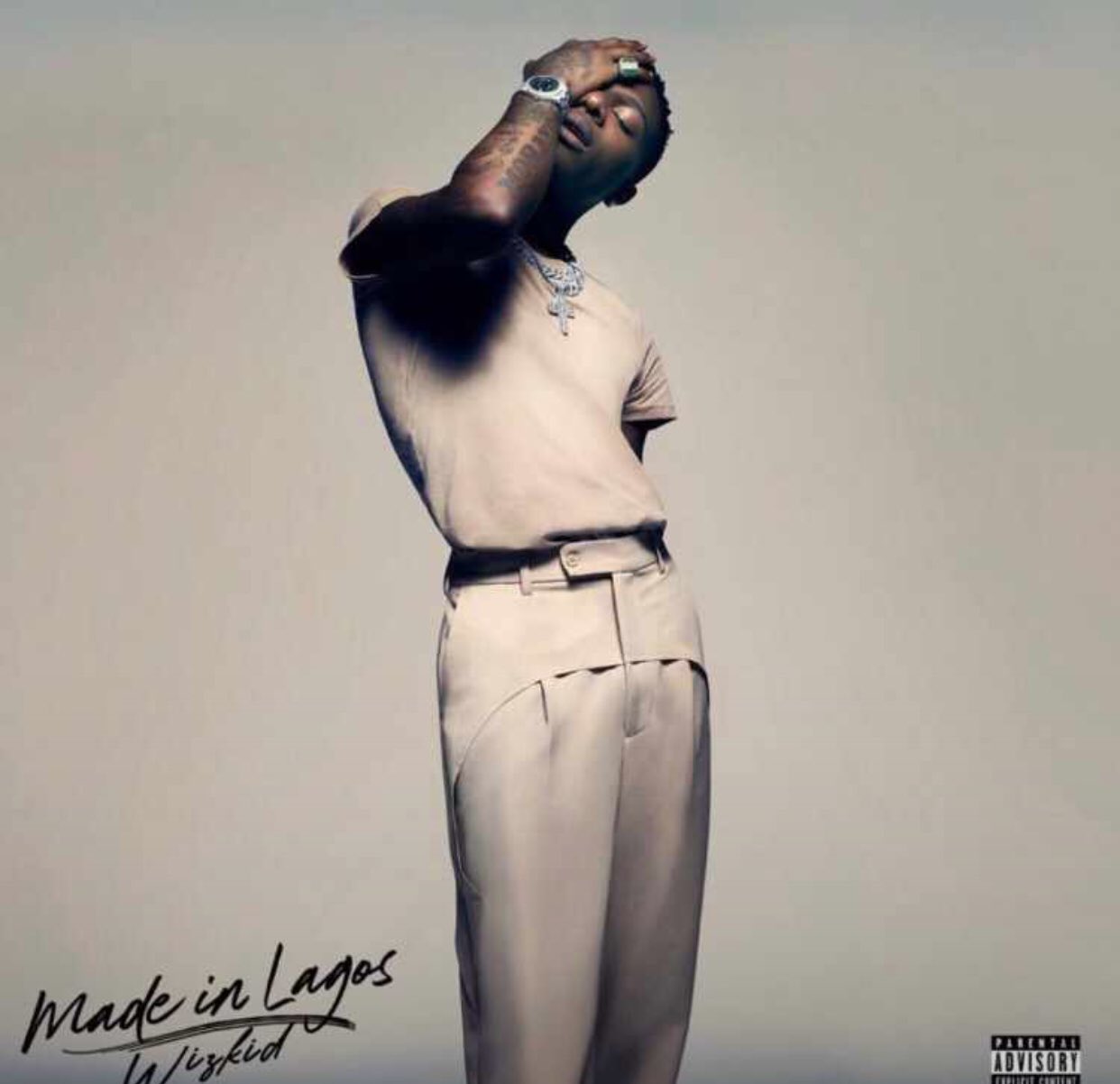
That Lagos is the socio-economic hub of the most populous “Black” nation on earth, and an apparent dehumanising genocide had been perpetrated against peaceful Nigerian protesters demanding an end to SARS brutality seemed to be a coincidental but natural phenomenon central to the Made in Lagos project. Uncharacteristically, the album failed to tackle genuine sociopolitical issues, expressly hoped for by Nigerians.
There is no reflection of the Lagos ranked as the worst liveable city in Africa according to the 2019 Global Liveability Index by the Economic Intelligence Unit (EIU) using five crucial rubrics to ascertain its ranking: stability, healthcare, culture and environment, education, and infrastructure. This is obviously hinged on menacing factors like the incessant gridlocks, insecurity, hardship, and financial exploitations on the back of Bola Tinubu’s godfatherism politicking amongst others.
A legitimate explanation, some argue, is that the tracks on Made in Lagos must have been mixed and mastered for production and release. This is directly countered by Wizkid’s postponement of the album. Made in Lagos had initially been slated for release in July, but was later rescheduled to drop on October 15th, ultimately coinciding with the protests against SARS.
If Made in Lagos was an album released in the thick of global human rights protests and awakened consciousness with trendy hashtags like #BlackLivesMatter chiefly in the United States; and on the African continent, such movements like #CongoIsBleeding in the DR Congo; #AmINext in South Africa regarding gender-based violence against women; #ShutItAllDown in Namibia; #RapeNationalEmergency in Liberia; and #EndSARS in Wizkid’s native Nigeria, surely Wizkid should have made space for the ‘political’ on it.
Comparison is the thief of appreciating an individual’s artistic genius. Yet, it is worth mentioning, for instance, that there is a certain level of sociopolitical consciousness and nuance in Burna Boy’s back-to-back albums—African Giant and Twice As Tall—with tracks like “Dangote“ and “Monsters You Made” showing his coming of age in Afrocentric political activism.
As with every silver lining in any artistic project though, hopefully, this foreshadows a Made in Lagos II which constructively centres all the unique idiosyncrasies of Lagos and incorporates Nigeria’s expansive sociopolitical concerns without losing the lyrical and vocal aesthetics that make Made in Lagos such a listening delight.
Eleanya Ndukwe Jr. writes from Los Angeles. Follow him on Twitter @The_New_Mind
[ad unit=2]


